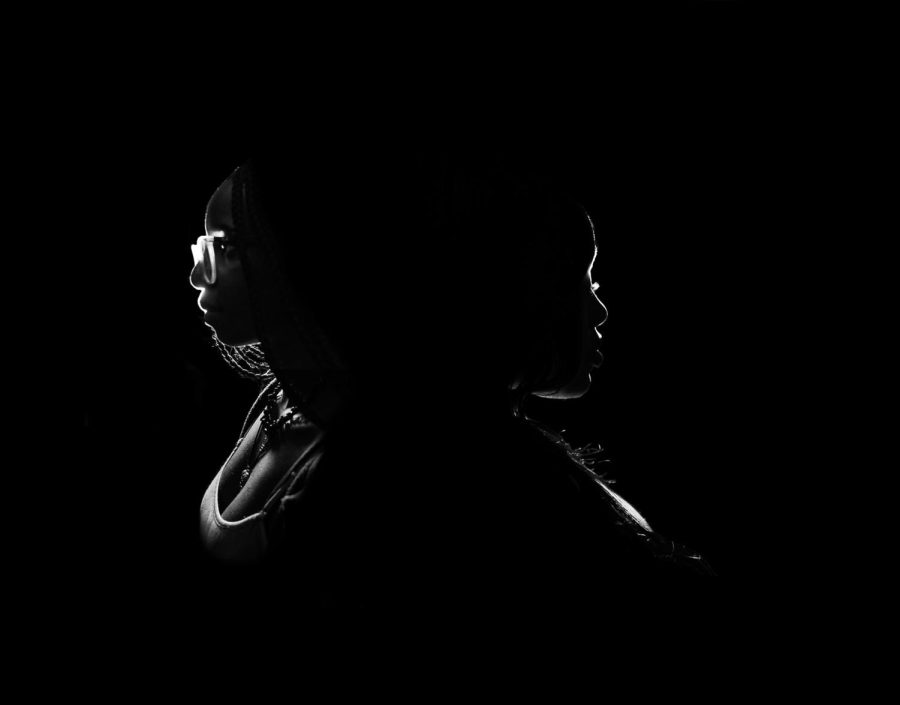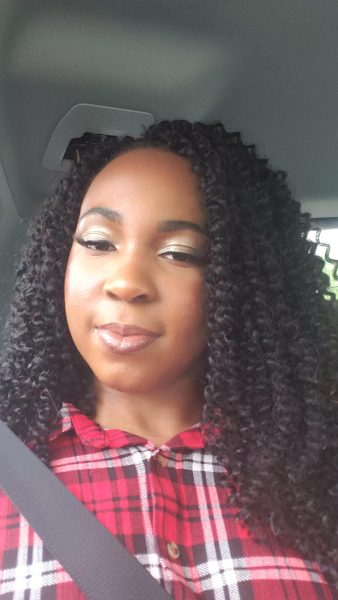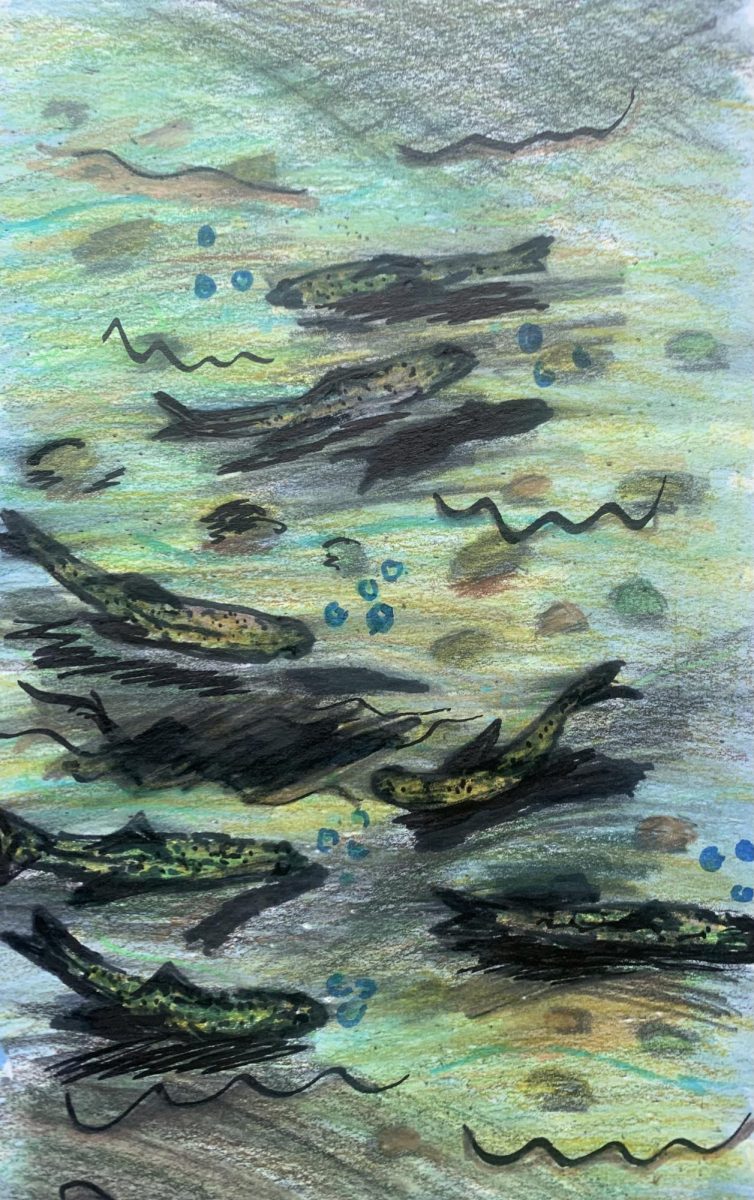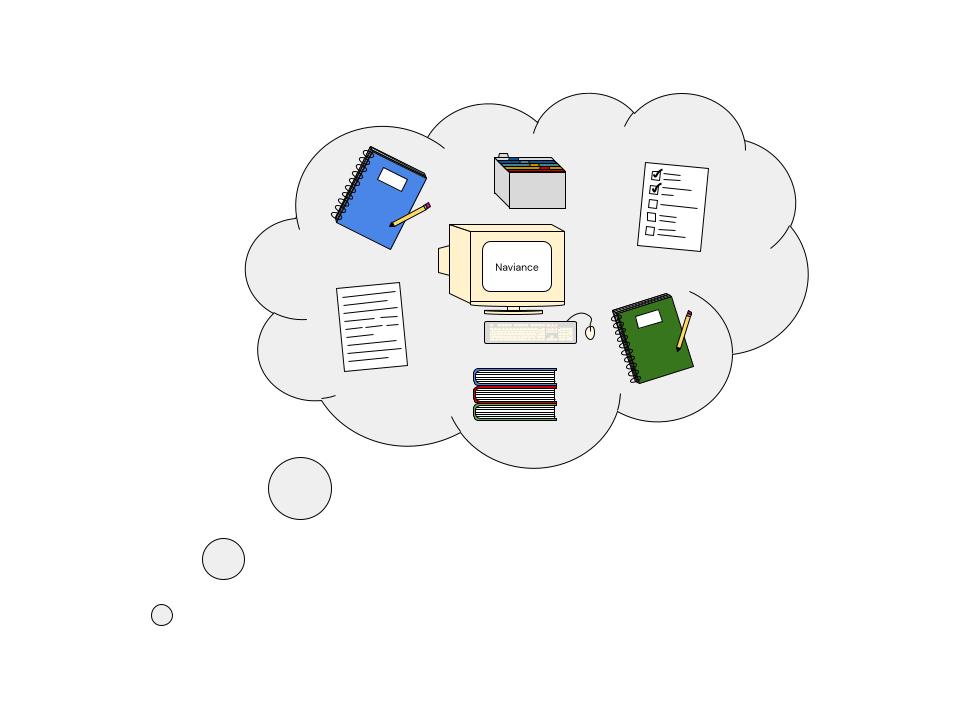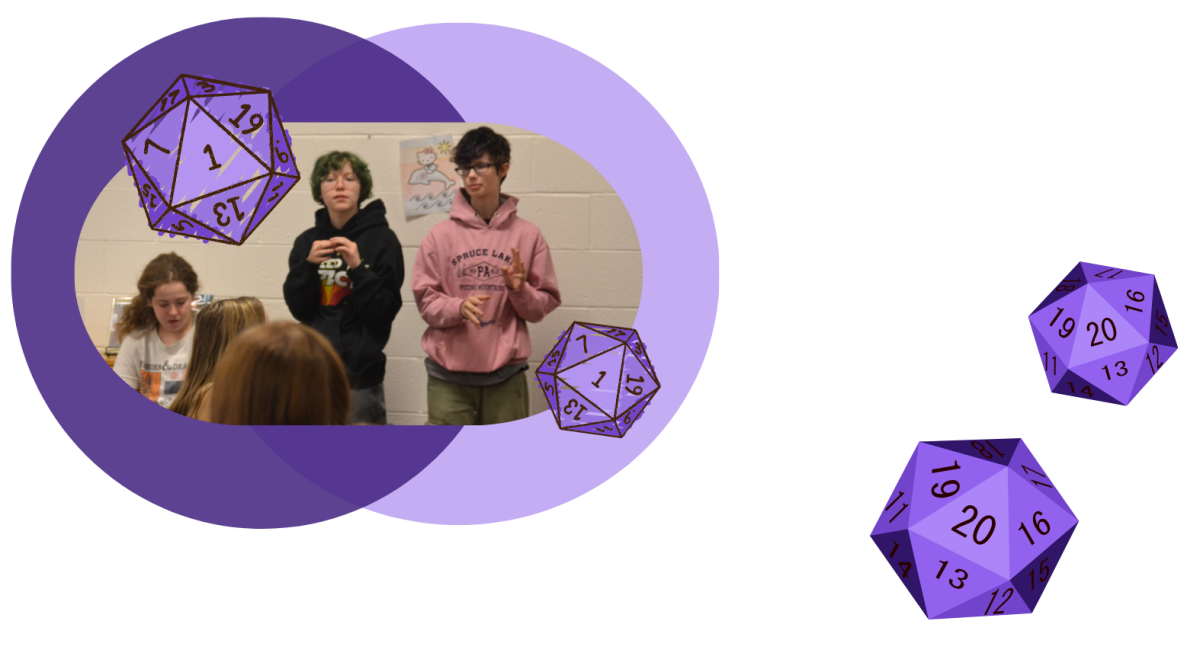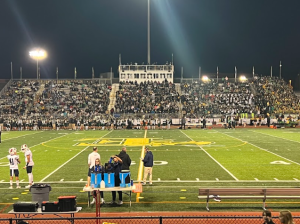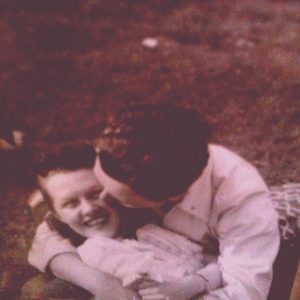EHS students celebrate Black History Month
February 27, 2023
This previously ran in our February print issue.
For over a century, February has been used to celebrate the pride and joy in Black history, shedding light upon the achievements and progress made by people of color across the U.S.
At Emmaus High School, Students Organized Against Racism (SOAR) and Black Student Union (BSU) recognize Black History Month for the extensive reach and profound impact it has within their school community.
Since the origin of Black History Month — dating back to 1915 – citizens of all races across the nation have participated in celebrations revolving around African American culture during the month of February, including EHS.
While the school does not directly sponsor events surrounding Black History Month, often assigning this task to various clubs and student organizations, several individuals at the high school honor the impact of Black history in the country and the local community.
SOAR and BSU have taken up this responsibility in a number of ways – most recently, they hosted a guest speaker event on Feb. 7 when Robin Riley-Casey, an associate dean of student diversity at Muhlenberg College, discussed Black history.
During her address to students, Riley-Casey described the importance of Black students making connections to their origins.
“Sadly, for our young people, there is so much of [Black] history that [they] do not know,” Riley-Casey said.
Riley-Casey emphasized the individuality that often goes unrecognized when discussing Black culture, as there are many different ways to “be Black.”
“There are all kinds of different ways of expressing…blackness,” she said. “It’s not always going to be the same thing [for everyone].”
In addition to understanding this significance, the speaker also focused on the theme of Black History Month (created by the Association for the Study of African American Life and History), Black Resistance. Through personal stories of what they experienced or witnessed, the speaker conveyed how the struggle to stand up for their identity expressed itself as a liberation from the oppression of modern society, a steadfast grip on a culture and heritage that cannot be taken away.
Riley-Casey feels that this concept does not always need to be taken so literally.
“Black resistance is not all about going to a protest march,” she said. “It’s saying that we [people of color] matter…I’m not going to allow being isolated to keep me from [what] I want.”
Students and teachers at EHS also recognize the important issues surrounding Black History Month in other ways. This includes wearing sweatshirts emblazoned with “Humanize My Hoodie” on Feb. 2, along with some with alternative phrases like “Ally of the Humanize My Hoodie Movement.” This message references police brutality often directed at African American men dressed in black hooded sweatshirts. This national movement is led by the “Humanize My Hoodie” organization, distributing the sweatshirts through their website in an effort to end police brutality. The statement in wearing these clothing articles conveys itself in students’ desire to be seen as equal human beings despite the color of their skin, prompting fellow classmates and teachers who see the hoodies to interpret their meaning for themselves.
On top of the guest speaker event and the “Humanize My Hoodie” movement, Black History Month is being celebrated during Hornet Homeroom.
As goal setting is the main theme for the month of February at EHS, homeroom teachers showed students a clip of Martin Luther King Jr.’s famous speech “What is Your Life’s Blueprint?” on Feb. 2. King encourages audiences to seek their best potential in whatever they set out to do, all within the context of persevering through ongoing racial injustices.
Part of recognizing Black history also includes “Black History Month Facts,” a new, month-long segment during the school day that provides interesting trivia on African American individuals who have made significant accomplishments in their careers and organizations, often presented by EHS students and faculty members.
Aside from these events, some Black students at EHS feel that more could possibly be done to commemorate February and its significance to African Americans within the community.
Junior Ebunoluwa “Ebun” Shokunbi feels that the high school rarely goes beyond “the bare minimum” in acknowledging contributions made by Black Americans. While the school mentions famous figures like Rosa Parks, Martin Luther King Jr., and others who have “died for a good cause,” Shokunbi notices other noteworthy characters in the Civil Rights Movement seldom come up in academics or discussion.
“What about the other people like Malcolm X or Huey Newton?” Shokunbi said. “We don’t stray towards the ‘radical.’ Even if what they did wasn’t good, we should still recognize them…It’s just about talking more, having that conversation.”
Similarly, senior Sheldyne Pierre feels that the school could find more ways to pay tribute to Black History Month. She recalls, as an underclassmen, having a block of time where speakers would come to discuss various topics like bullying and explain their importance to students; she thinks something of that nature should be done again for Black history specifically.
“I feel like it’s a good way to recognize what African Americans have accomplished and what they will do in the future,” Pierre said.
Riley-Casey believes that educating people about African American culture encourages better, tightly-knit communities.
“There is no way I’m going to lose out on having an opportunity to be in a relationship with people,” Riley-Casey said. “There’s just no way I’m ever going to allow racism…to prevent me from trying to find ways to deal with it…If there’s somebody who truly wants to know you and all of the things you have to offer…
“They’ll show up, and when people show up, you know they’re your allies and partners.”


